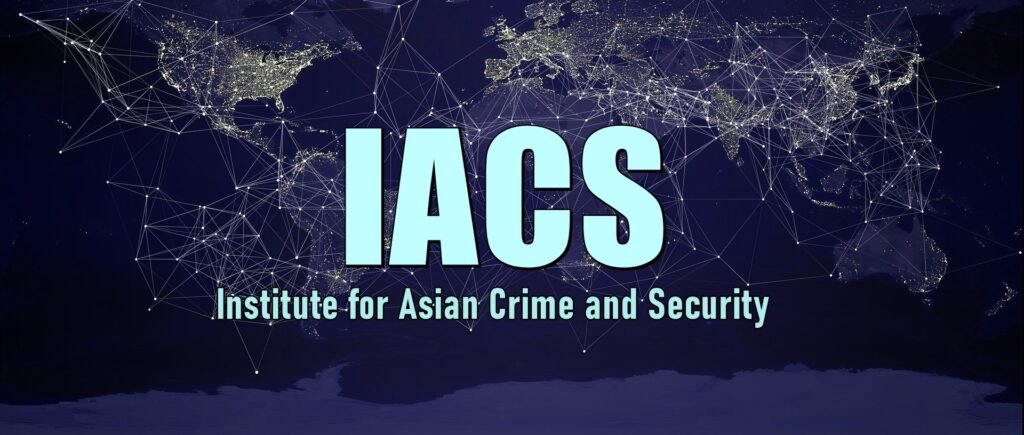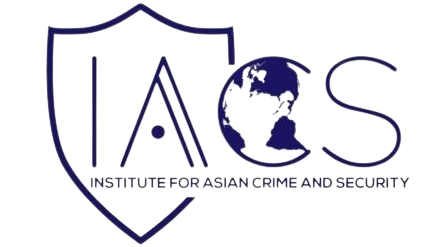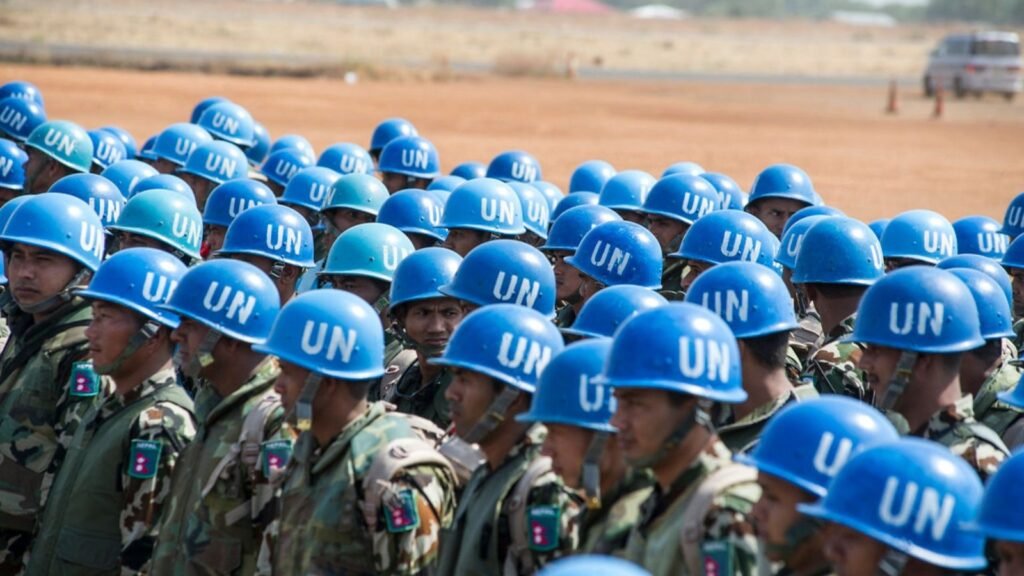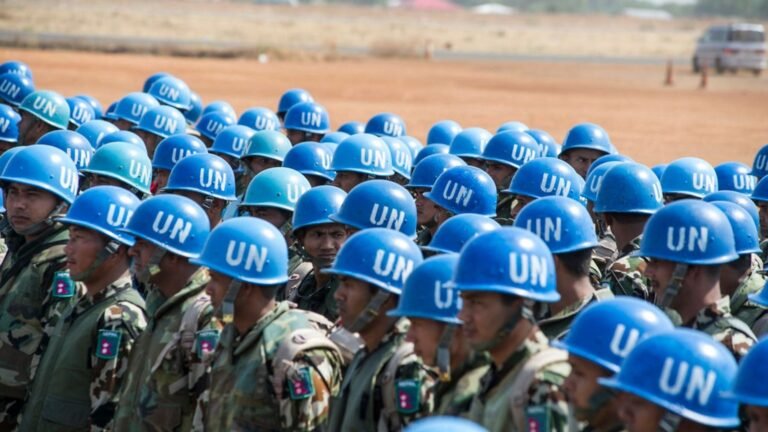Every rational person wishes to live in peace, solidarity, and harmony—a planet where everyone may live happily with prestige and integrity. A world where people may live without the prejudice of caste, color, and creed, and everyone is free to live his life according to his faith or culture.
In a world where acceptance and understanding are the foundation of every social, political, or religious interaction. In a wor樂威壯
ld where having an opinion is not a crime and where social, political, and religious associations do not render people susceptible or prejudiced, extremist, or irreconcilable in another context. And a world where women are granted freedom, liberty, and equal rights. However, are we even close to a peaceful and harmonious world envisioned above?[1] The answer is a huge “NO,” and we do not know it very well. The rationale is that bringing peace has only been the province of the states since their inception. And for the states, peace is not always the priority since they have their aims.
Attempts for stability: vain effort or productive ones?
Since the tragedy of World Conflict II, the world has been protected from another catastrophic war through collaborative effort, notably via the platform of the United Nations. The UN is rightfully acknowledged for rescuing the world from World War 3. Through its initiative, the UN has endeavored to bring peace and stability to the globe. However, the interests of the nation-states have always impeded the process. Despite the UN’s efforts for the good of our globe, if the people are still yearning for peace 76 years after its creation, then something wrong needs to be discovered and fixed.
On the other hand, humanity benefits from the contributions of many cultures, religions, and political ideologies. Doing so does not need the importation of another faith or philosophy. There is nothing else they need to do. You may expect an all-inclusive, tolerant, and accepting culture of peace to emerge from this. While Russia continues its military campaign in Ukraine, its allies contribute billions of dollars in relief. Russia and the United States are engaged in a full-scale military 威而鋼
conflict. As a result, a strong state can intimidate a weak one at will. For a country to be strong, it has two options: either become powerful or hide behind a more powerful country. This occurs because each state’s ultimate purpose is to be strong for various reasons.
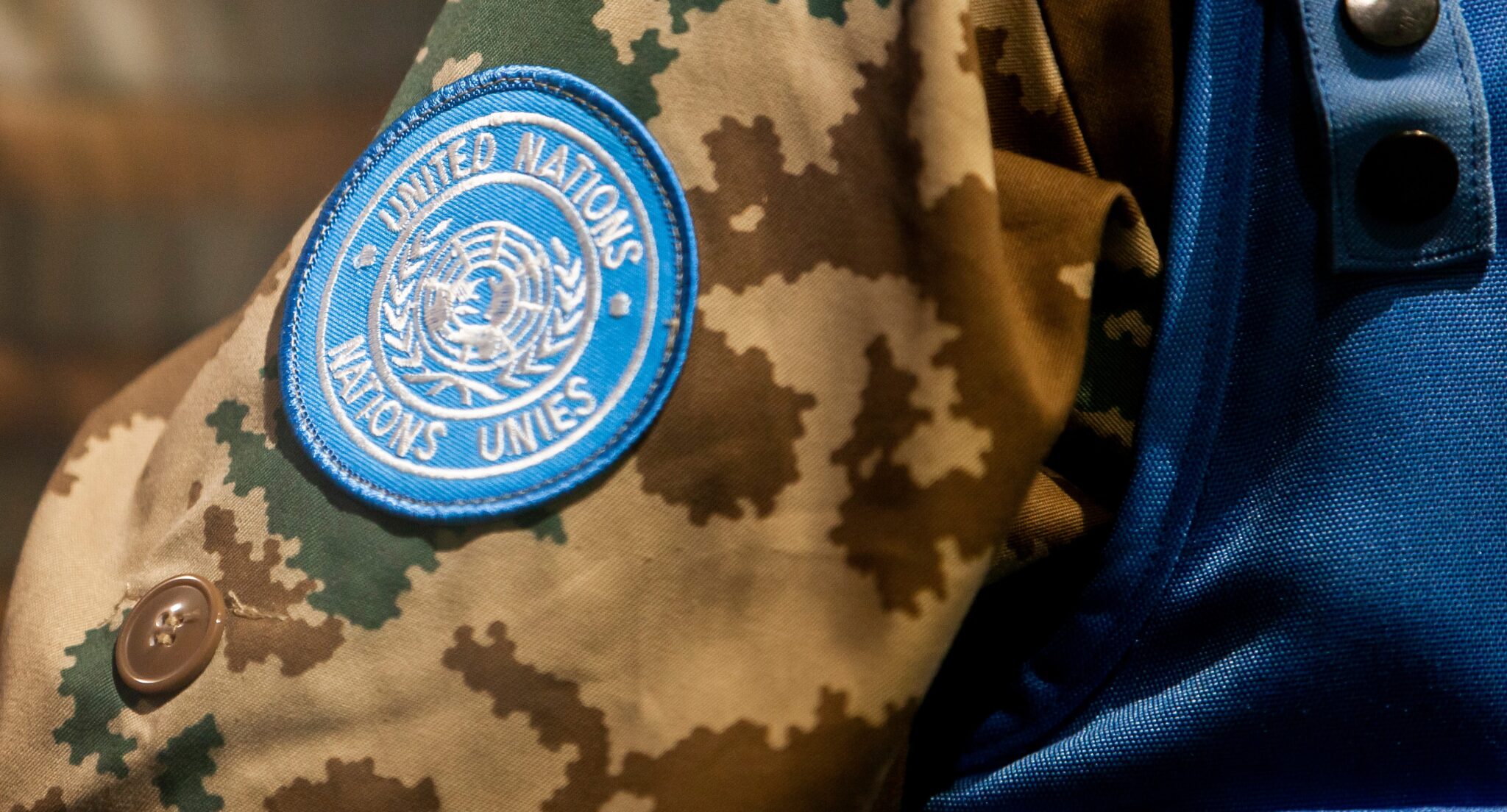
A group may form by accomplishing aims, fighting the adversary, and protecting oneself from persecution. It’s like letting a well-built home burn down and then rebuilding it by starving people who don’t have a roof over their heads. The superpowers have been doing this. For example, if the two superpowers weren’t fighting, aid to Ukraine could’ve gone further in combating poverty and disease, improving healthcare and education facilities where needed, and helping those fighting the scourge of terrorism and extremism, to name just a few goals achieved. As a result of present global power dynamics, governments can only gain ever more power as time goes on and become the most powerful nation on the planet or among its neighbors. In a world of constant conflict, it is difficult to see governments always at war with each other, finding time to work together to promote global peace.
The impetus for global peace
Similarly, if governments join forces to bring about peace but fail to see that this requires inclusion, it is difficult to envision a world at peace if those seeking peace and justice for years are disregarded and left behind. If the state is observing injustice and remaining silent, it will not be able to establish or maintain peace. On the other hand, states keep their mouths shut because, as the saying goes, the interests of the states matter most. Almost all of the world’s conflicts are motivated by the same thing. Forcing the opposing side to accept dominance and superiority, regardless of religion, politics, society or culture, is one way to accomplish this goal of coercion. However, the epoch has shifted. We have reached a point in history when winning people over does not need engaging in physical combat. The philosophy, religion, or civilization that best serves humanity will triumph. States need to understand this.
On the other hand, humanity benefits from the contributions of many cultures, religions, and political ideologies. Doing so does not need the importation of another faith or philosophy. There is nothing else they need to do. You may expect an all-inclusive, tolerant, and accepting culture of peace to emerge from this.
[1] Polemics. 2017. UN Peacekeeping missions are ineffective and do more harm than good. [online] Available at: <https://www.polemics-magazine.com/opinion/un-peacekeeping-missions-are-ineffective-and-do-more-harm-than-good> [Accessed 2 June 2022].
Featured Image Credit: Flicker
About the Author: Zohaib Asif is a contributor to the IACS. He is an undergraduate Political Sciences student at the Government College University, Lahore.

Zohaib Asif is a contributor to the IACS. He is currently an undergraduate student of Political Sciences at the Government College University, Lahore.
